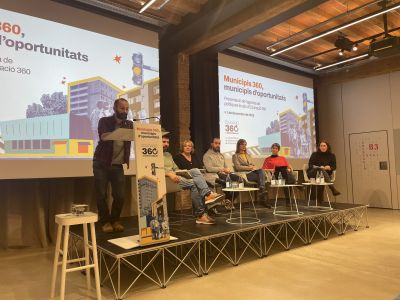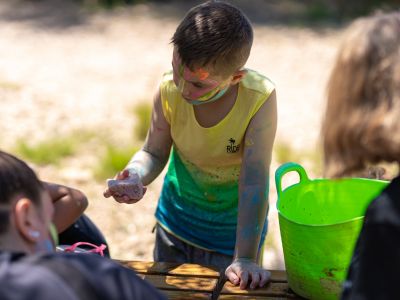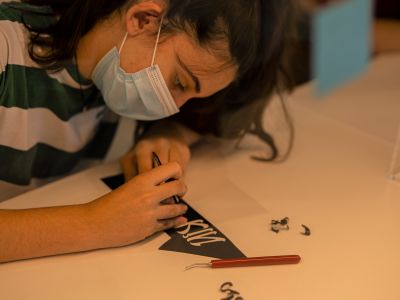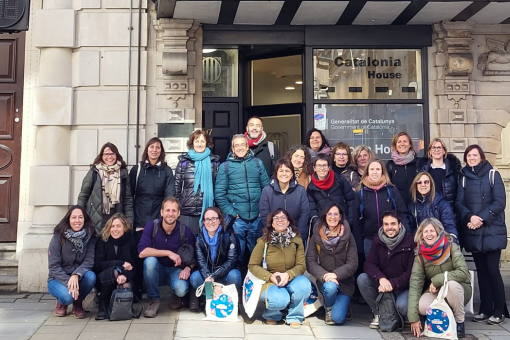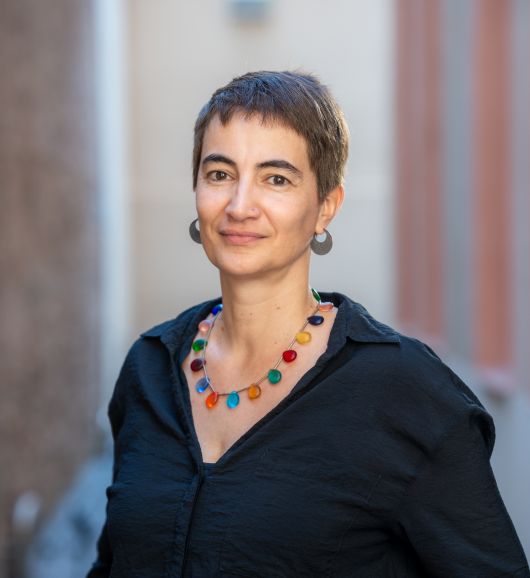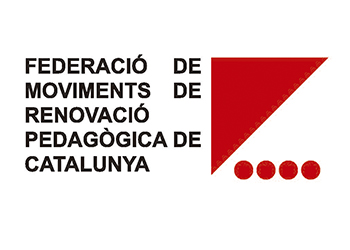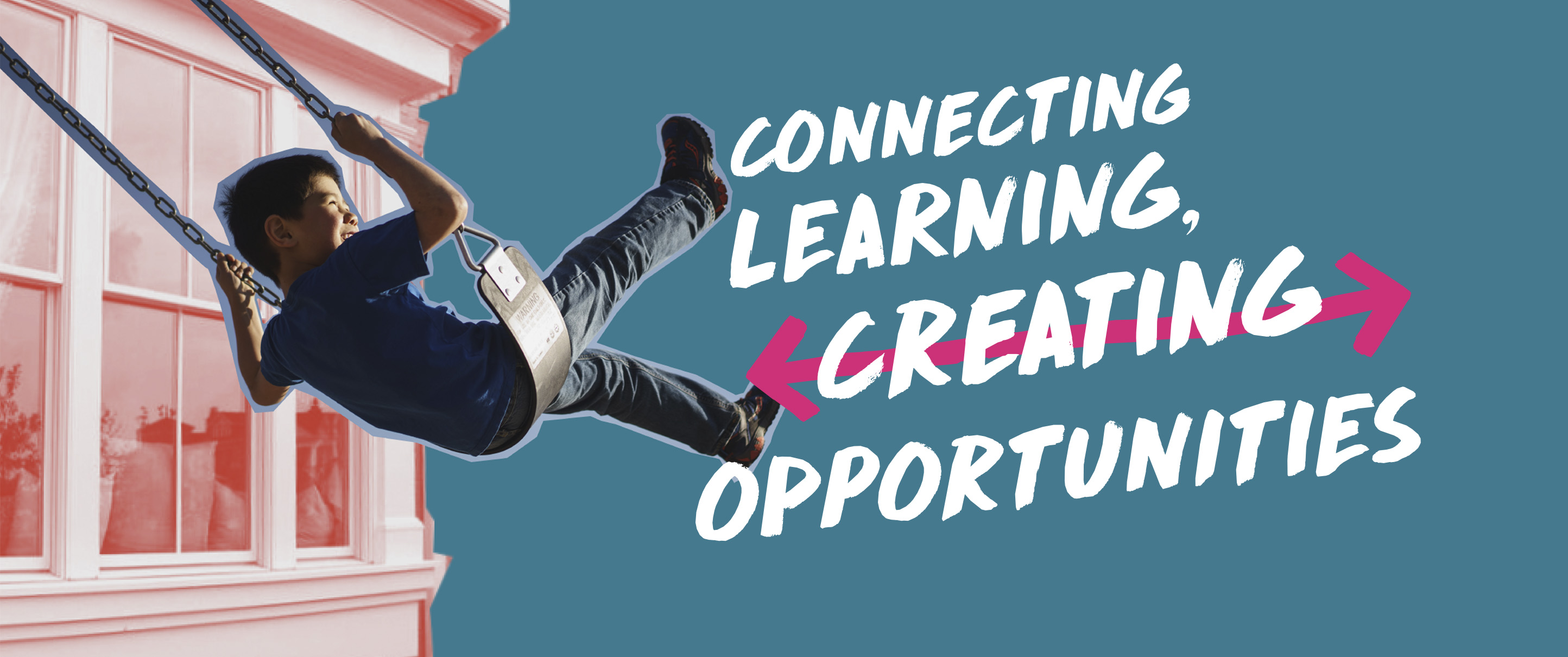
Education 360: Full-time education
FULL-TIME EDUCATION
OpenChildren carry out most of their daily activities outside of school hours. Lunch time, afternoons, weekends and the summer holidays are moments when children can take part in activities that they enjoy, that motivate them, and which offer them life lessons, connecting them with other friends, other spaces and other interests.
We are talking about learning that is relevant; that which will allow them to plan their own future, in which they can make better decisions. Learning that generates life skills that will help them in their school, work and life.[1]
But is this learning accessible to everyone? In Catalonia, 32% of children and young people between the ages of 3 and 18 do not take part in any extracurricular activities[2]. This means that a total of 384,000 Catalan children[3] do not have access to learning other than in their school or college. This means they don’t have the same opportunities to imagine and build their future compared to children who do take part in extracurricular activities.
The difference in access to this type of learning between primary school children from families with fewer resources and those with more, is almost 30 percentage points. This situation puts them at a clear disadvantage in their aspirations. We can therefore say that the afternoons, weekends and the summer holidays – non-school time in other words – is where most inequalities lie.
What does Education 360 propose?
Education 360 calls for the design of an education without limits: whether to do with space, time, economy or social issues. A connected education which, based on the joint work of the community, offers educational programmes to all its children inside and outside school, advancing towards equality.
The collaboration of all the educational actors in the community, who share the same objectives and roadmap, multiplies the learning opportunities and reduces the educational inequalities in the region. When museums, schools, sports centres, music schools, theatre groups, kids’ clubs and play groups connect and create a real educational ecosystem, they expand the futures of the children of the community, especially of those of the most vulnerable. The social impact on the city, the neighbourhood and/or the population is also very important. It has been said that those regions with higher levels of educational equality have education systems where students achieve a higher average performance.[4]
Local governments are key players in these ecosystems. They have the ability to coordinate the community’s resources. They can also ensure that everyone has access to extracurricular activities.
What do we do?
The Education 360 Alliance has 4 basic lines of action:
1- We work to convert the right to learn, inside and outside school, into public policy.
2- We promote and get involved in Education 360 experiences throughout Catalonia.
3- We standardise and share knowledge, methodology and research.
4- We are building a Catalan-wide Alliance, to which the city councils, organisations, educational centres and professionals in the field of education belong.
[1] Education 360. Impacte de les activitats extraescolars de qualitat October 2019. Adaptation of the Network For Youth Success report of the State of New York.
[2] González Motos, S. and Bonal, X. Desigualtats d’aprenentatge en confinament. March 2020.
[3] Estimation, from the Idescat Statistical Yearbook of Catalonia. 2020.
[4] Bonal, X. and Zancajo, A. Educació, pobresa i desigualtats. Department of the Vice-Presidency and of Economy and Finance. Government of Catalonia. 2016.
Blog
Read related articles
Why is it important and urgent to promote the participation of adolescents in out-of-school activities?
Why is it important and urgent to promote the participation of adolescents...
Projects
Related projects
-


-
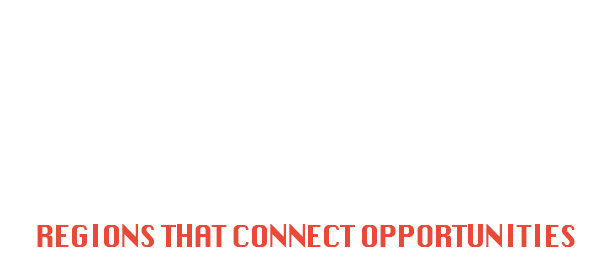
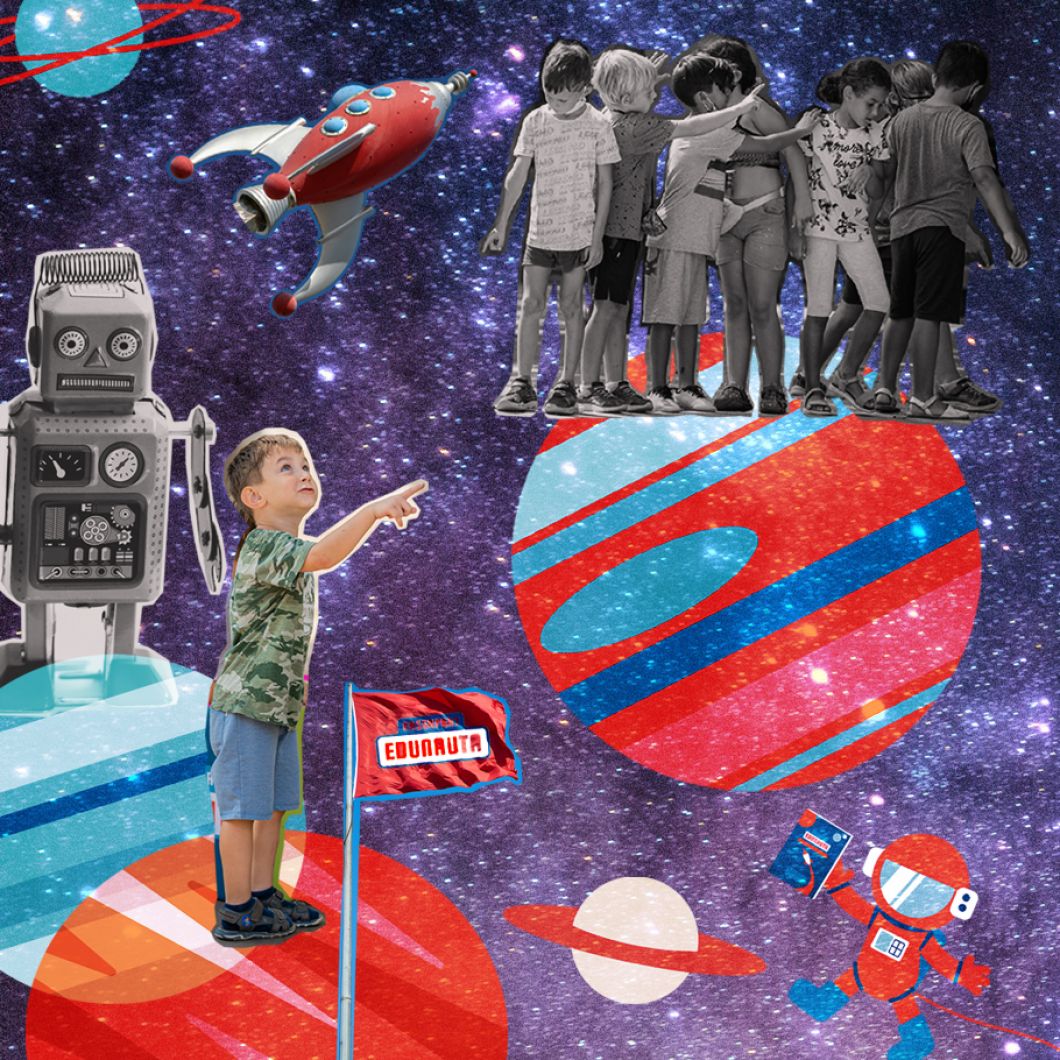
The Edunaut Passport is a project that connects, recognises and emphasises learning for children from 3 to 12 years, outside school, promoting access to all young people in a municipality, neighbourhood or region, making educational activities available to them, regardless of their background.
-

La crida Comunitats que Eduquen vol detectar iniciatives comunitàries que apostin pel treball i lideratge col·laboratiu entre diversos actors (escoles, famílies, ONG, museus, biblioteques, xarxes, centres de salut, entitats de lleure, universitats...) i que ofereixin oportunitats educatives d’…
-

I si connectem espais i temps educatius per generar més i millors oportunitats d'aprenentatge pel nostre alumnat?
Team
Project team
-
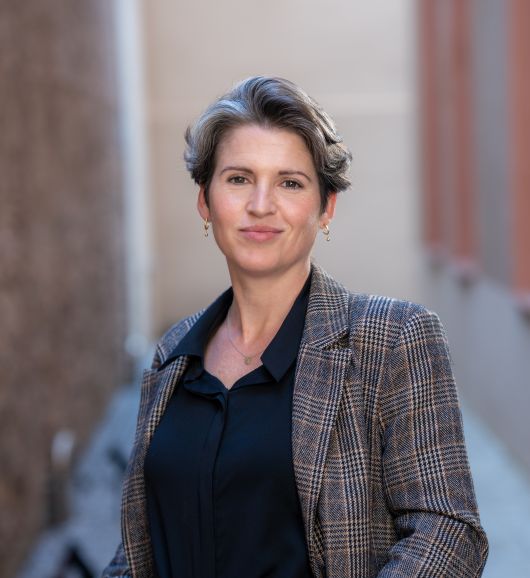

Marta Domènech
Coordinadora de l’Aliança Educació 360
Coordinadora de l'Aliança Educació 360 Formació Soc llicenciada en Periodisme per la Universitat Autònoma de Barcelona (UAB) i postgraduada en Comunicació i Gestió Cultural (URL). Experiència Durant més de quinze anys he dedicat la meva trajectòria professional a la gestió cultural i a la consul…
See more
-
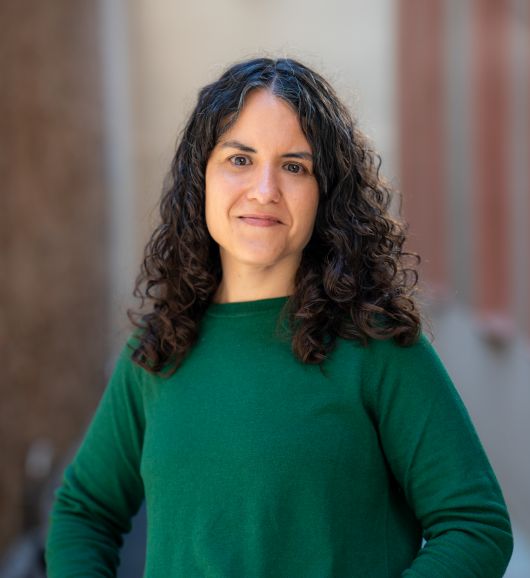

Núria Sala
Cap de projectes i polítiques d'estiu d'Educació 360
Cap de projectes i polítiques d'estiu d'Educació 360 Formació Sóc graduada en Antropologia social i cultural i màster en Antropologia i Etnografia per la Universitat de Barcelona. També he cursat el màster en Models i estratègies d'acció social i educativa en la infància i l'adolesc…
See more
-
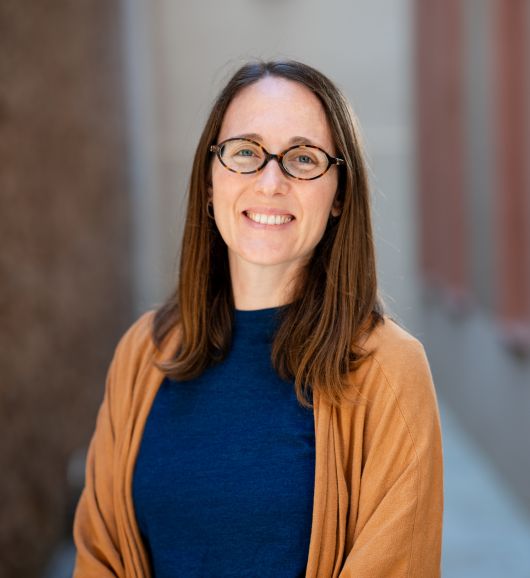

Marta Requeno
Head of Education 360 Programmes
Bachelor’s degree in Political and Administration Sciences from Pompeu Fabra University (UPF), post-graduate degree in International Development Agents from the Polytechnic University of Catalonia (UPC), and master’s degree in Public and Administration Policies (The Johns Hopkins University and UPF…
See more
Authors
Project authors
-
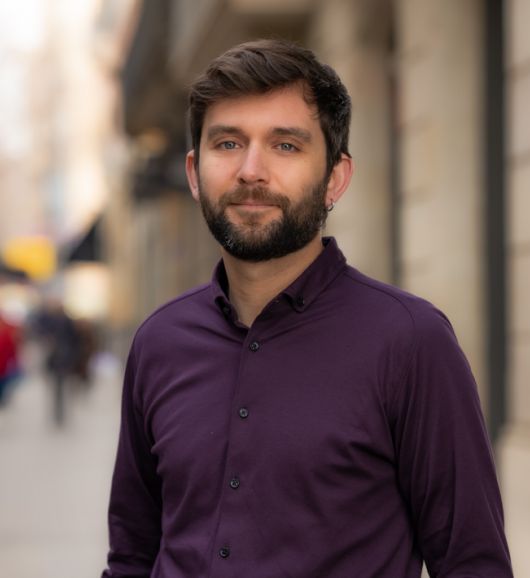

Enric Aragonès Jové
After obtaining a Music degree at the Catalonia College of Music (ESMUC) in the Pedagogy speciality, Enric Aragonès Jové studied an interuniversity master’s degree in Public Management from the Autonomous University of Barcelona (UAB), the University of Barcelona (UB) and Pompeu Fabra University (UP…
See more
-
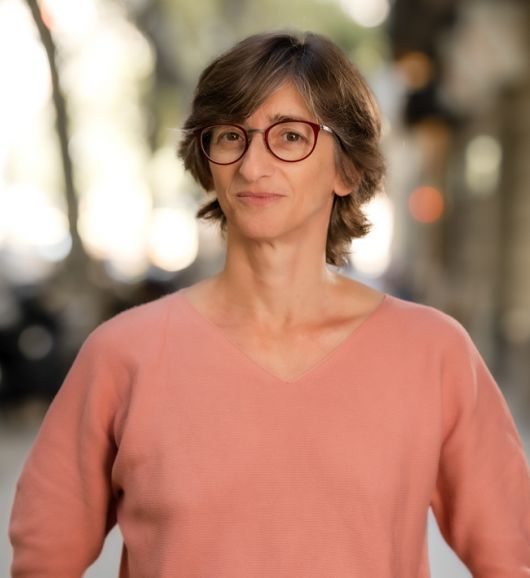

Laura Mencía
Head of Education 360 Programmes
Holder of a bachelor’s degree in Sociology and a post-graduate degree in Participative Methodologies for Local Development from the Autonomous University of Barcelona (UAB). Laura Mencía’s career path began in the third sector, promoting participation and associationism, and took shape in the Loca…
See more
-
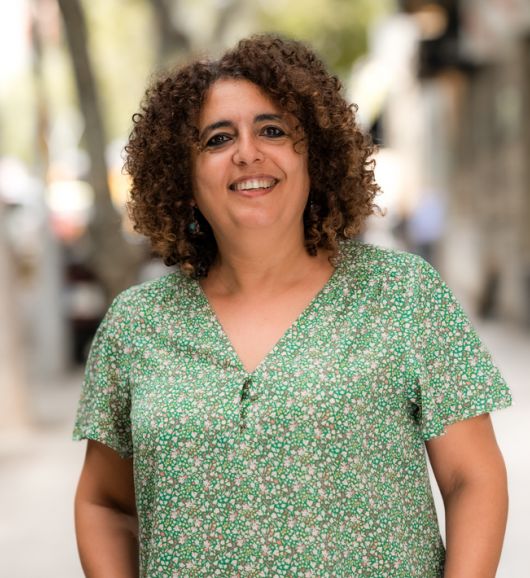

Fathia Benhammou
Director of Programmes
Fathia Benhammou completed a Teaching degree programme, specialising in Early Childhood Education, at the Autonomous University of Barcelona (UAB). She also holds a master’s degree in Social Exclusion, Cultural Diversity and Socio-Educational Intervention from the University of Girona (UdG). She h…
See more
-


Sarai Samper Sierra
Sarai Samper Sierra és sociòloga i especialista en investigació social aplicada. Des de 2004 desenvolupa la seva tasca professional a D-CAS (Col·lectiu d'Analistes Socials), col·laborant amb institucions públiques en la realització de projectes aplicats en l'àmbit de les polítiques socials.…
See more
-

Andreu Termes
See more
-

Roger Barres
See more
-
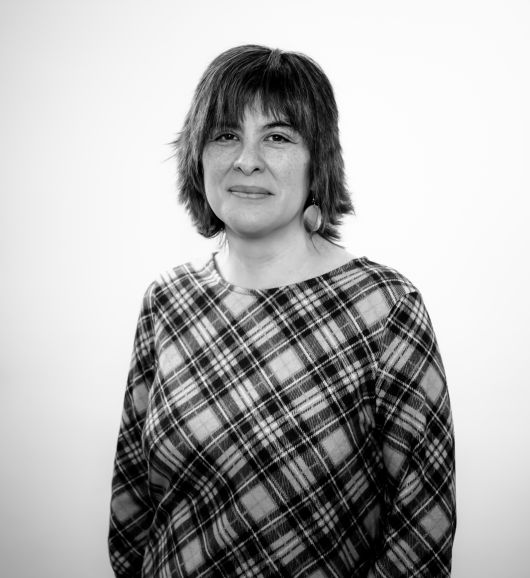

Maite Pujol
Cap de gestió de coneixement i projectes educatius de l'aliança Educació 360
Llicenciada en Psicopedagogia per la Universitat Ramon Llull, sempre ha estat vinculada a l'educació. El seu pas pel món del lleure la porta a ser formadora d’educadors, i a liderar un departament de psicologia, on també elabora materials didàctics i guies per a entitats. En altres àmbit…
See more
-

Maria Canut
See more
